our rubbish project
Our goal is to help achieve the circular economy, by providing traceability of improved material lifecycles using data science, advanced manufacturing techniques and recycling innovations. We aim to create partnerships and collaborations with businesses who can help to create close loop material lifecycles. We help businesses improve their capture rates with consultancy and digital services.
Our Current System Is Outdated Linear Broken Damaging

Since the industrial revolution, we have been able to manufacture on a mass scale. The technological revolution we are currently experiencing is rapidly progressing, giving many people access to a vast range of affordable products, on a global scale. These products have brought many of us levels of material comfort unimaginable to previous generations (Ellen MacArthur Foundation, 2020). The disregard for sustainable resource use in the design phase has finally caught up with us.
Our current model of consumption is linear, resources are extracted from the environment being manufactured into goods which are discarded as waste, with often all too short lifespans. Take, Make, Use, Discard.
There is growing public awareness of the environmental damage that this system perpetuates. From the destruction of our rainforests to plastics in our oceans and the exponential rise of carbon emissions leading to climate change.
We produce Mountains of rubbish
With a massive 45.4 million tonnes of waste being dumped in landfill each year, thats enough to fill over 54,000 Olympic swimming pools. England’s landfill sites will burst their banks in as little as four years if nothing is done to stem the flow of waste being sent there. (TFR group, 2020)

The Future is circular.

The Circular Economy is a new way of thinking where products, and the systems that produce & deliver them to us, are designed to remove the end of life process. Where the use of resources is closed loop, meaning end of life products and system waste is recycled back into goods. Minimising the negative impacts of our consumption by reducing the demand on resources and eliminating the environmental pollution cause by waste. Products should be designed to be reused as many times as possible, however recycling still plays a key role for many industries where reuse is not an option.
We must Close the loop
the benefits of going circular are clear
What are the opportunities from joining the Circular Economy and what are the barriers?
Listen to Helen Elizabeth Burdett head of Circular Economy at the World Economic Forum and Connor Bryant our CEO discuss this topic.









